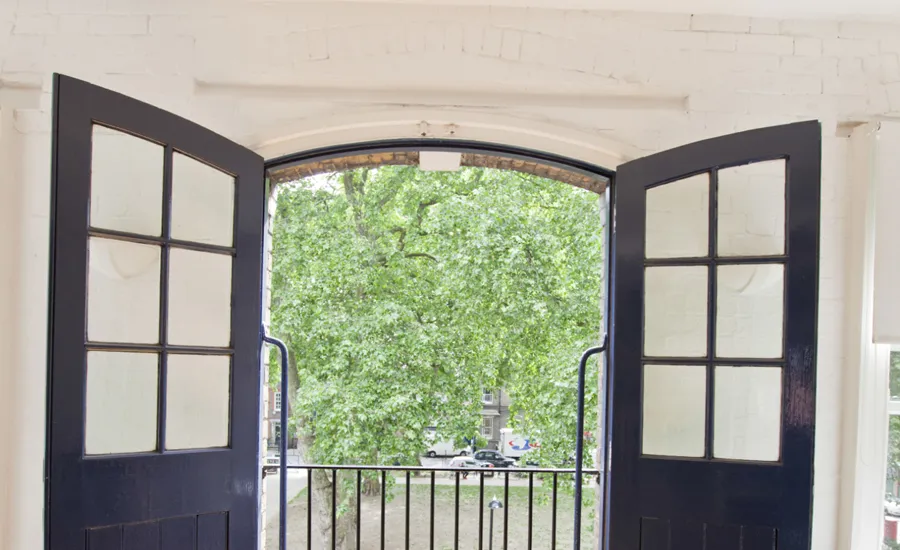Observant Jews attach something called a mezuzah to the doorframe of their homes, or, for some, to every doorway. It is a small decorative case—usually of wood, metal, or glass—containing a piece of parchment inscribed with the Shema, the commandment issued in Deuteronomy 6:4-9 to write God’s laws “on the doorposts of your house and on your gates” as a sign of love and devotion to God.
Many devout Jews will touch the mezuzah whenever they enter or exit their home, in obedience to the command. Some will then kiss the hand that touched it, a prayer gesture of God-awareness and holy devotion.
On one of several trips my wife and I took to Israel, I bought a mezuzah and, on my return, installed it in the main entryway to our home. I don’t always remember to touch it as I come and go, but when I do, I touch it with a prayer of thanks to God for His presence and watchful care in my home.
My wife has always done something similar. When our two children started school, my wife would see them off at the front door (long before we had a mezuzah!) and kneel in the entry to pray with them. She would pray for God’s protection. She would pray for them to remember who they were and whose they were. And she prayed that they would be careful, good, and righteous in everything they did that day. Most mornings her prayer took less than a minute before our children would bounce out the door and walk—or, later, board the bus—to school.
Looking back now, I recognize those as “mezuzah moments,” an effort to make coming and going a conscious exercise of God-awareness and holy devotion.
It wouldn’t take much for anyone to make mezuzah moments like those, with or without children—a short prayer upon entering and exiting the house, maybe a prayer for safety before turning the ignition key in the car…or even a petition for self-control upon opening the refrigerator door! It may just be a helpful and meaningful way of loving the Lord with heart, soul, and might.





